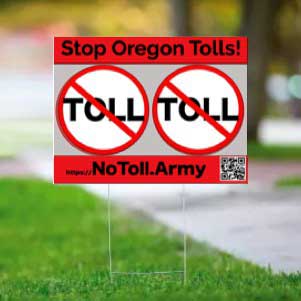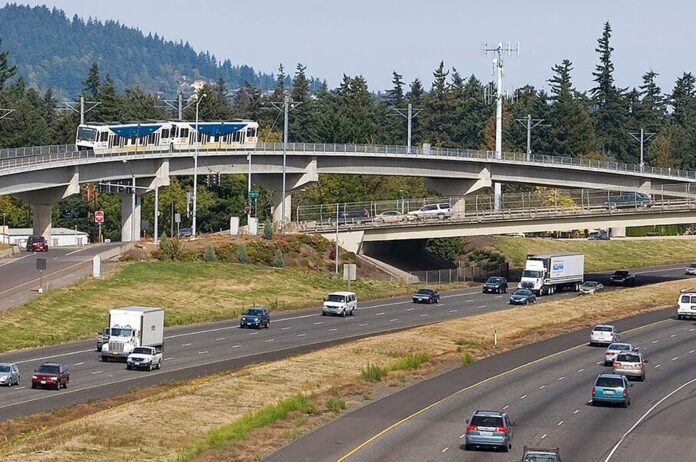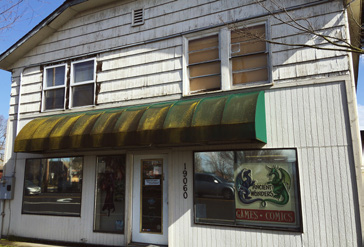West Linn resident Dean Suhr is organizing a new group dedicated to opposing the Oregon Department of Transportation’s (ODOT) plan to institute tolling on Interstates 5 and 205.

Dubbed the No Toll Army, Suhr’s group wants to increase the transparency surrounding the tolling plan, which has been ongoing since at least 2017, when the state legislature approved a $5.3 billion transportation package that included funding for studying tolling of Portland metro area freeways. The No Toll Army is also working on placing a ballot initiative in front of Oregon voters in 2022 that would require voter approval of any new highway tolls.
“We are attacking tolling now,” Suhr said. “But, really, our second goal is to increase transparency and open discussion with ODOT about how to deal with bigger long-term projects.”
An earlier effort led by former State Rep. Julie Parrish of West Linn to place a similar measure on the 2020 ballot failed to gain enough signatures to do so.
While the No Toll Army opposes the plan to toll I-205 from the Tualatin River north to the Abernethy River, Suhr said he is not opposed to the idea of tolling if and when it makes sense to do so. He pointed out that tolling has been used in the past to pay for large bridge projects such as the Astoria-Megler Bridge and the Hood River Highway 97 bridge and could be used in the future for projects such as the replacement of the Interstate Bridge between Portland and Vancouver or the Boone Bridge over the Willamette in Wilsonville.

However, he added, the final decision on such policies should be left to the residents who will end up bearing the financial brunt of such tolls. Allowing voters to decide the issue could also eliminate questions over where revenue from tolling would be spent, which remains a concern of Suhr’s where it concerns ODOT’s current plans.
“They (ODOT) are starting to cast a little bit broader net and a vagueness to what they are saying,” Suhr said. “Congestion pricing on 205 might be used to pay off some of the short term loans for the funding of the Abernethy bridge and the I-205 expansion, and ODOT has set up separate funds for toll money.”
Finally, he says, without additional checks on tolling policy, it would be all too easy for the state to put tolls in place on other metro area highways and roads.
“As ODOT and Metro do things to reduce roadway traffic, that’s less revenue for them,” he said. “And once we start putting those little decals in our windows where we can get billed, I have to be honest with you, the next choices are (Highways) 217 and 26.”
Because of that, Suhr and his group are also working to make this an issue next year for candidates running for elected office.
“We’re going to try and make this an elected official policy and make people take a stance on this issue in the 2022 elections,” he said.
For more information, visit www.notoll.army.




















